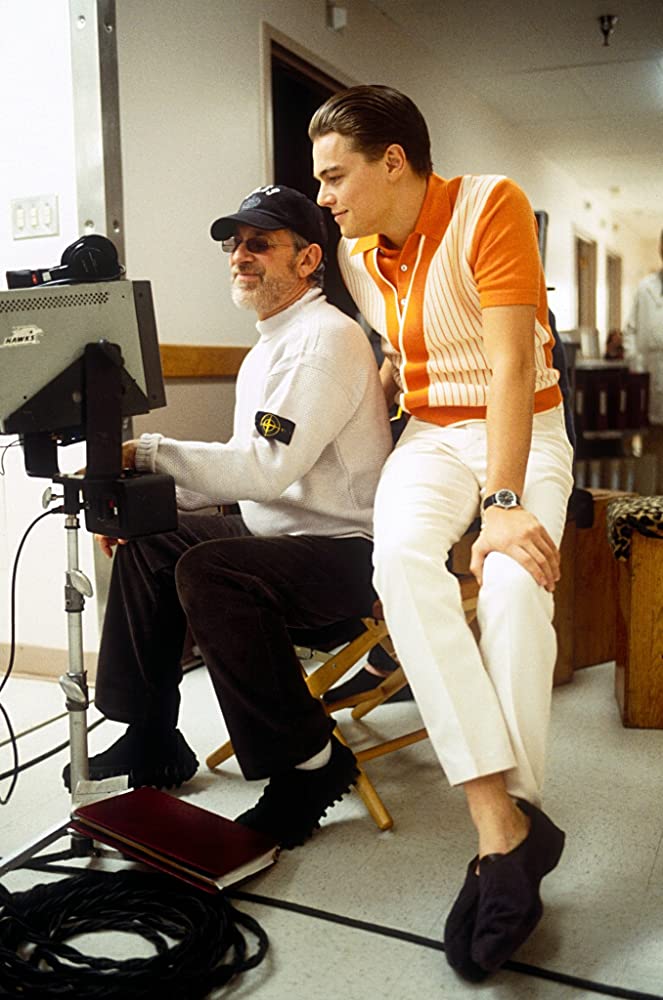As a master of his craft, Steven Spielberg, more often than not, knows exactly which scenes deserve to be kept in the final cuts of his movies and which ones should be left on the cutting room floor, but Catch Me If You Can offered up a different type of scenario.

The light and breezy crime story was a huge critical and commercial hit, tracing the life and times of Leonardo DiCaprio’s Frank Abagnale Jr as he conned his way to wealth and status, all while Tom Hanks’ dogged federal agent Carl Hanratty was constantly lurking one step behind.
It was Spielberg’s DreamWorks who held the rights to Abagnale’s autobiography after it had bounced around between several studios, although he was only planning to produce it at first. However, after both Gore Verbinski and Lasse Hallström dropped out of the director’s chair, Spielberg stepped in.
DiCaprio was always attached to star, but during his preparations for the role, he stumbled upon a passage in the subject’s memoirs that he believed the film couldn’t do without. As a result, he went directly to Catch Me If You Can‘s director to lobby for its inclusion.

The moment in question was his dalliance with call girl Cheryl Ann, played by Jennifer Garner in a small but memorable supporting role. Their brief moment of intimacy shed new light on Abagnale’s inexperience in certain walks of life, juxtaposing his daring antics as an elite-level conman.
“I learned about this episode from Frank’s life in preparation for the role. It is mentioned in his autobiography and audio seminars,” DiCaprio explained. “You know, it was kind of like a book on film in which he told stories from his real life. To be honest, this case made me laugh almost to tears. You have no idea. After all, it was actually incredibly unique, bright, and, I would even say, a grand segment from Frank’s life.”
Deciding that it needed to be seen on-screen, DiCaprio stated his case. “I called Steven and begged him to include it in the script. And he did; he listened to me,” he continued. “The episode ended up safely in the movie, not on the floor of the editing room, which I’m unspeakably glad.”
It may have only been a brief scene, but with Catch Me If You Can, released months after Garner had won a Golden Globe for her work on the spy series Alias, collaborating with Spielberg and DiCaprio furthered her career ascension. It also offered insight into the youthful Abagnale’s personality that wasn’t there on the page beforehand.


